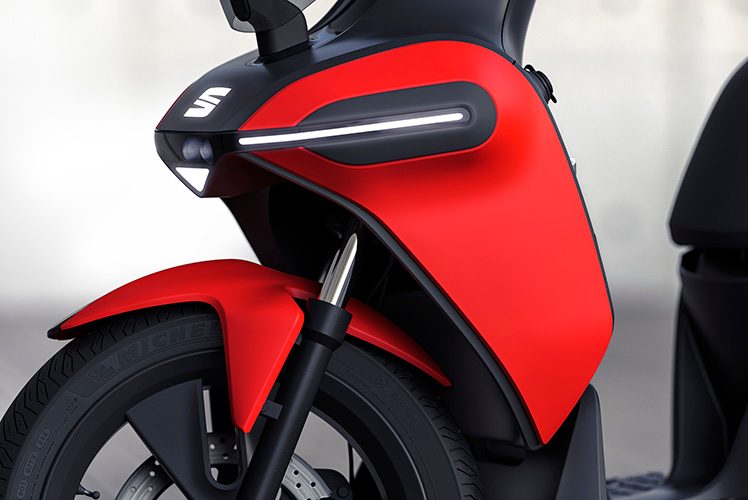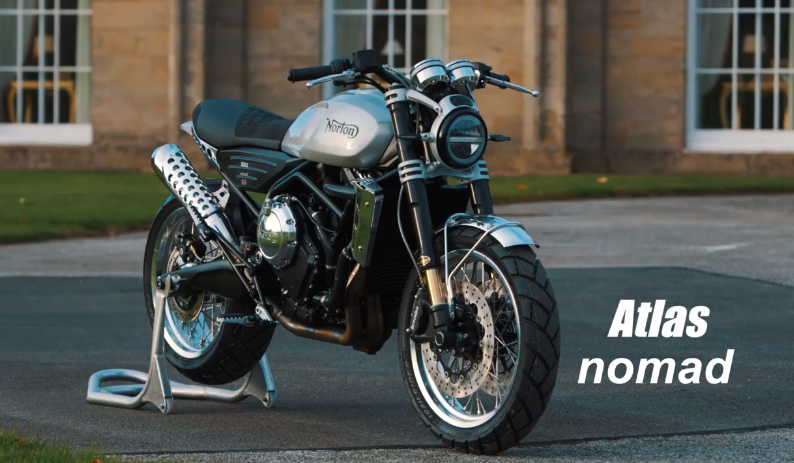What does the General Election mean to motorcyclists?
With the UK running to the polls for the third time in five years, Visordown looks at what each of the main parties has in store for us motorcyclists
.jpg?width=1600&aspect_ratio=16:9)
THE General Election set to take place on the 12th December will mark the third time in five years that the UK has taken to the polls. But with so much conjecture and hearsay floating around on social media, it’s hard to decipher exactly what each party is proposing.
With motorcyclists making up such a small section of the electorate, it’s also quite tricky to pick up on who is speaking up for us. To try and see if a party is being particularly pro-motorcyclist, here’s what each party have planned for those of us on two-wheels.

Conservative – “Get Brexit done. Unleash our potential.”
As yet the conservative manifesto is unreleased, so pinning down how and where they are going assist motorcyclists is tricky. We do know that Boris Johnson is jumping on the EV bandwagon by promising to start a “green energy revolution”. Part of that plan involves pumping £500m into fast charging points across the country. He went as far as promising that no driver should be more than 30-miles from a charger. If brought through to fruition, the move could make owning an electric motorcycle a much more viable option for many UK bikers.
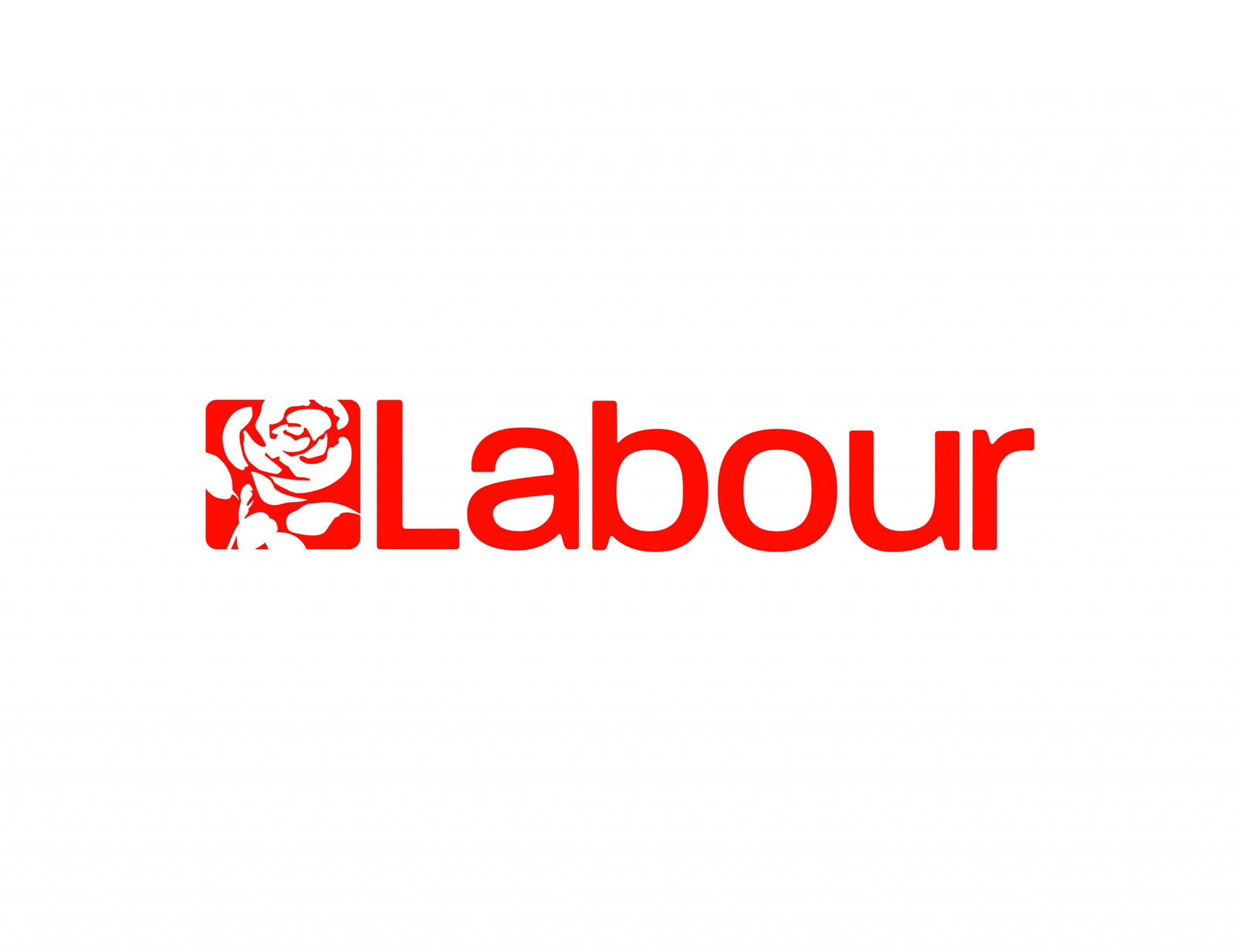
Labour – “It’s time for real change”
Gauging how Labour plan to represent us motorcyclists is a tad easier as the party have now released their election manifesto. In it the main points, like the conservatives, point towards their own green transport policy, by moving forwards the proposed ban of sales of petrol and diesel cars from 2040 to 2030. The proposal makes no mention of whether this will include motorcycles at this time.
They also speak of increasing funding for cycling and walking, by creating towns and cities in which cycling, and walking are the best option for people. This will more than likely involve creating pedestrian only precincts and adding extra cycling lanes across the existing road networks.
With the main point in the manifesto talking about making the public less reliant on their own cars, we’ll have to wait and see whether helping motorists off four wheels and onto two wheels is part of that vision.
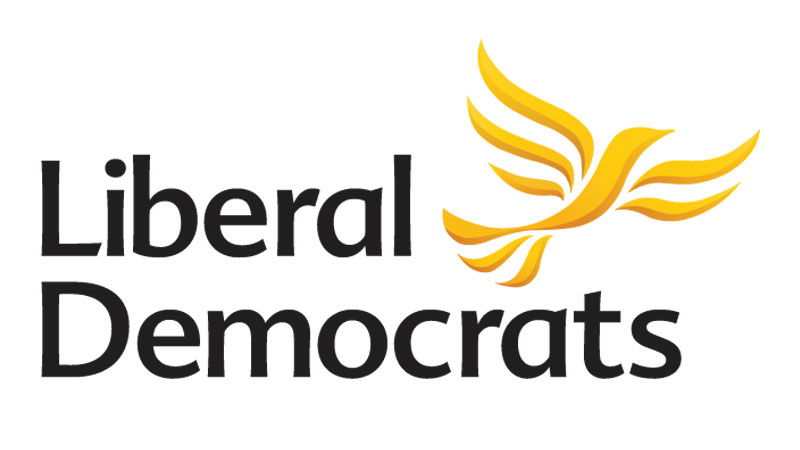
Liberal Democrats – “Stop Brexit. Build a brighter future.”
A big part of the Lib Dem manifesto involves improving public transport links and reducing the reliance on four wheels. Their ‘Plan for the future’ looks to inject £4.5b into local bus routes, promoting cycling and building new light rail and tram routes over the next five years.
They also want to promote the use of ULEZ areas in ten more UK cities. At the same time they propose to cut the VAT paid on electric cars – again, no mention if this includes motorcycles – and increasing the number of EV charging points across the country. Interestingly the Lib Dens are the only party that talk in depth about alternative energy development, as they look to increase funding into battery development and hydrogen fuel cell technology.
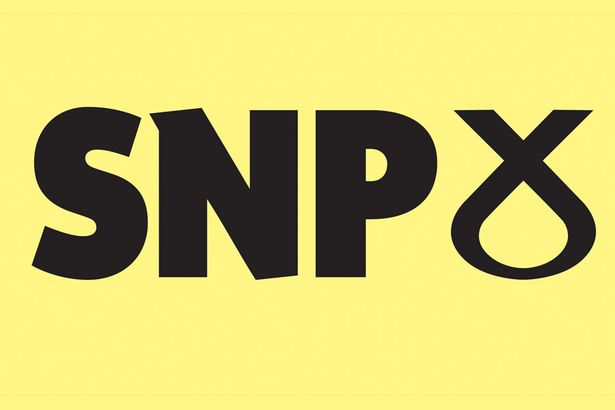
Scottish National Party – “It’s Time to Choose Our Own Future.”
For the most part, the SNP are only really interested in hosting a second referendum on Scottish independence. For that matter, they have made very little in the way of noise regarding how and when they will stand up for motorcyclists or even motorists.
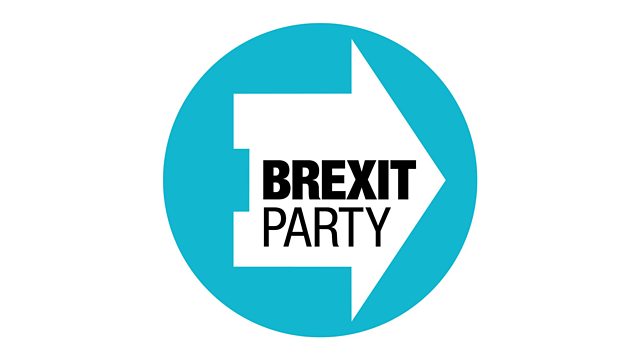
The Brexit Party – “Change Politics for Good”
With no manifesto released – and no plan to release one – the only transport policy from the Brexit party is to scrap HS2. One thing that party leader, Nigel Farage, has previously talked about is improving investment in infrastructure in areas other than just London.
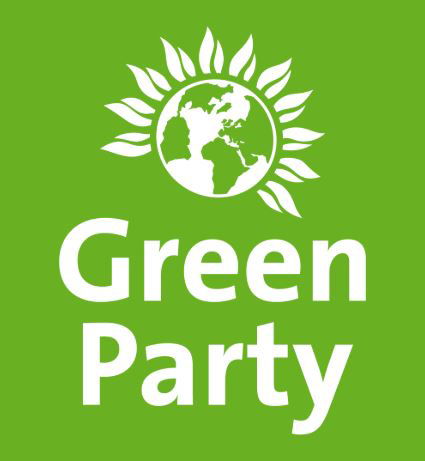
The Green Party – “Leading the Fight for Climate Action, a People's Vote, a Fair Society for All”
As expected, the main points in the Green Party manifesto is to help the environment. One part of the manifesto that could hit all road users is a proposed carbon tax, imposed on any fossil fuels. They also plan to halt any new road building schemes.
Like Labour, the Greens plan to halt the sale of petrol and diesel cars by 2030 and want to invest in an EV charging network across the country.
They also want to reduce the speed limit in residential areas to 20mph and 40mph in rural areas.
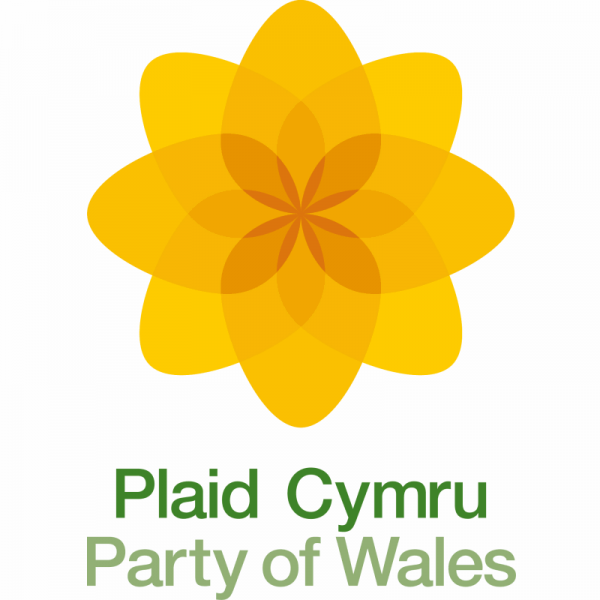
Plaid Cymru – “Wales, It’s Us”
It’s hard to pinpoint exectly where Plaid Cymru sit on transport policy. The party has in the past agreed with some road transport infrastructure projects while opposing others. They have previously been unhappy with the UK’s speed when it comes to adopting electric vehicles, meaning they may want to try and help accelerate that process if elected.

Democratic Unionist Party – “Strength to Deliver”
The DUP have previously been in support of new spending on public transport, although with no manifesto released it’s hard to say how. They have been at the side of the Conservative government since 2017, although have recently been at odds with Boris Johnson’s stance and pan with Brexit. It’s fairly certain a large proportion of their manifesto will be around Brexit and how they want that to play out.

UKIP – “Time to Get on with Brexit”
UKIP’s party website talks about doing away with any form of road pricing in the form of tolls and charges. They also wish to scrap any more ‘smart motorways’ and argue that additional parking fees and ULEZ areas are discriminatory towards motorists.
UKIP also wish to accelerate the development of autonomous vehicles, as well as develop an EV charging network.
